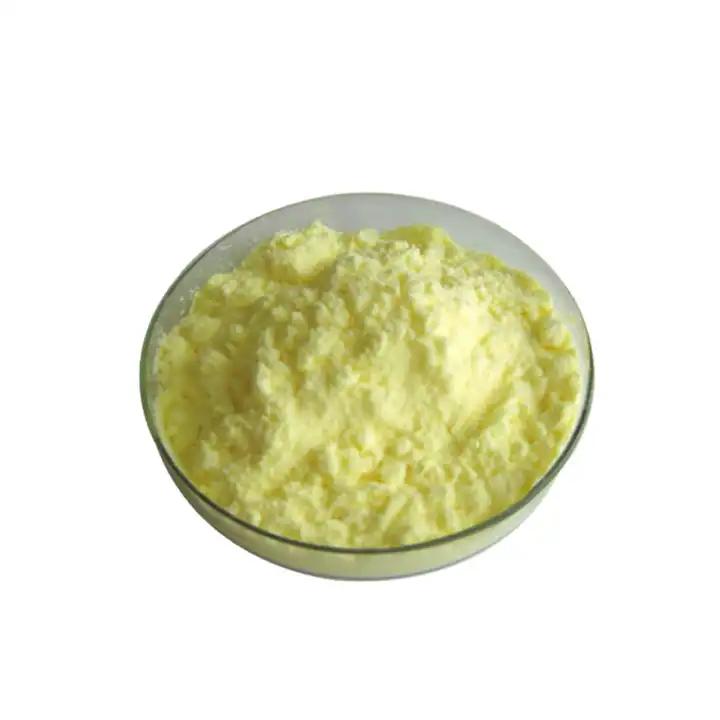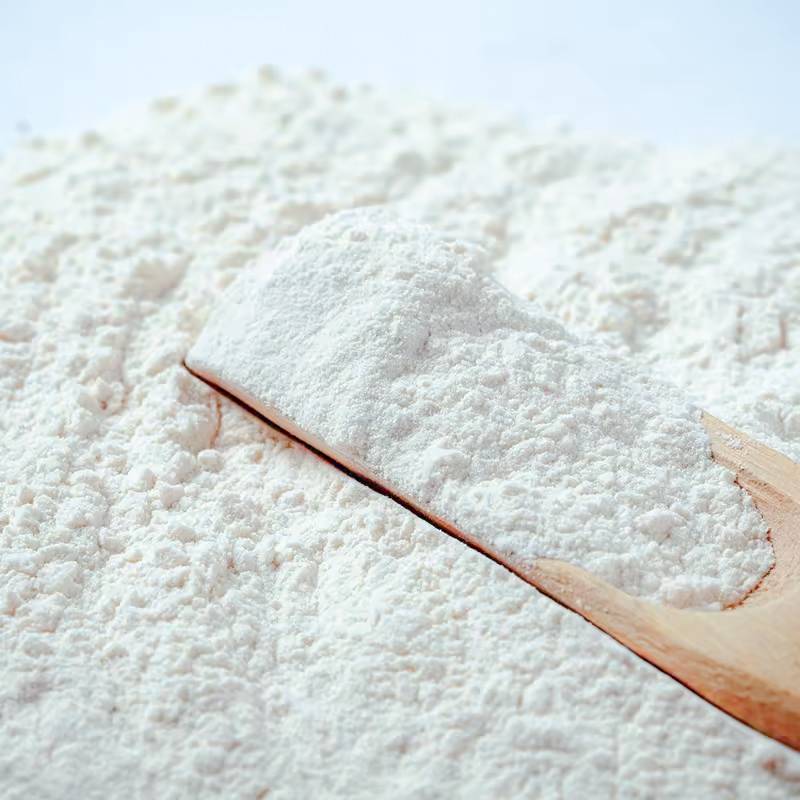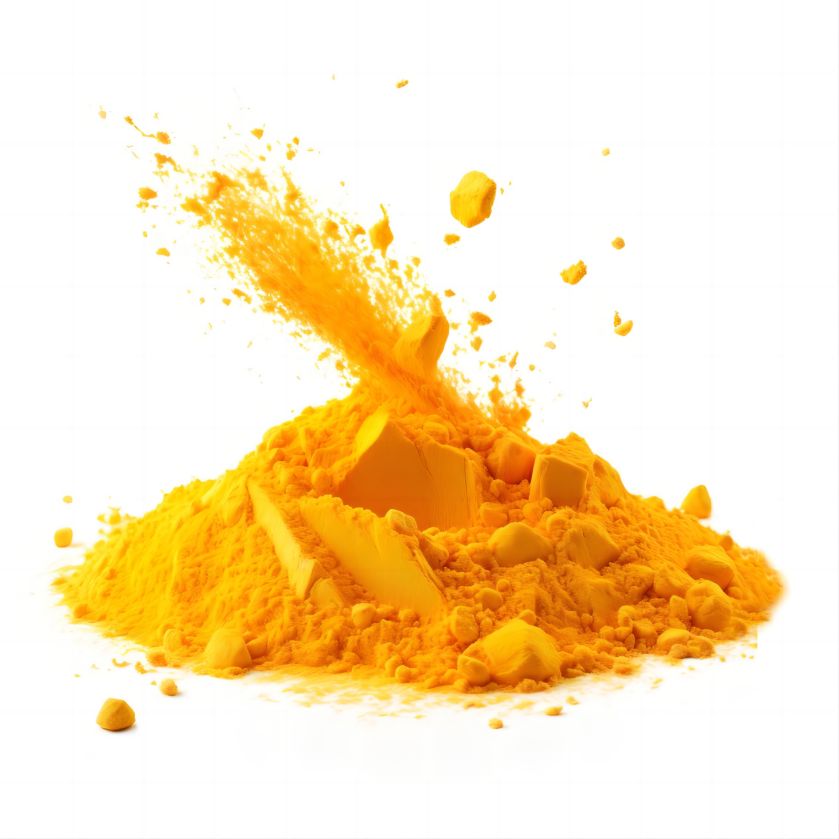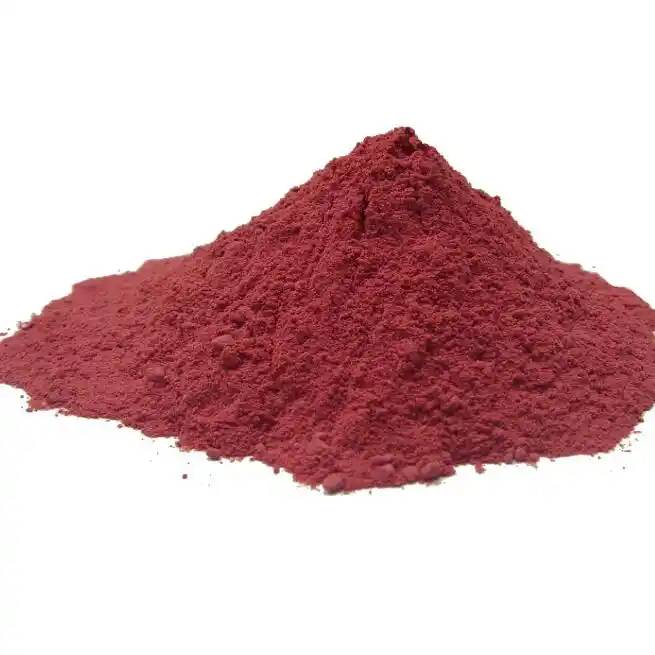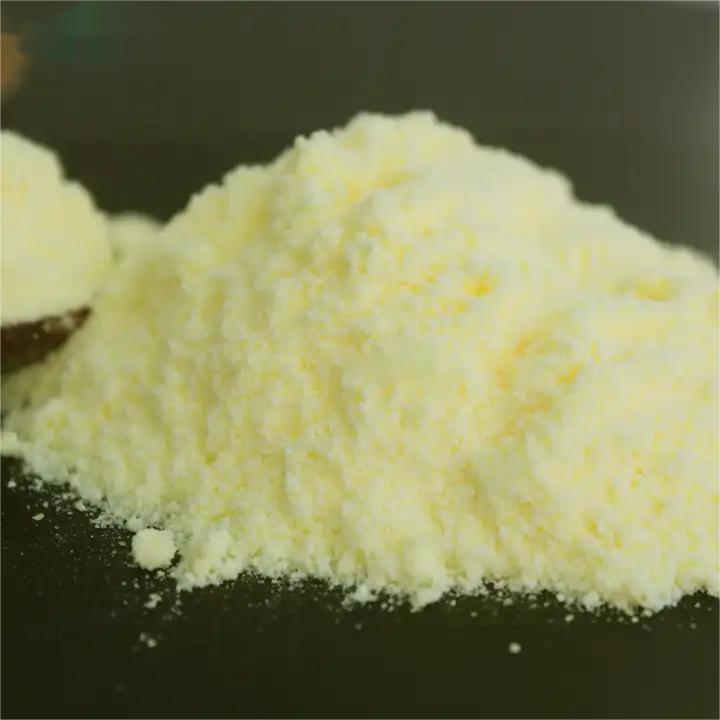99%αリポ酸粉末cas 1 1077-28-7
商品名:αリポ酸パウダー
分析:99.0%
Testing Method: HPLC
外観:淡黄色の結晶性粉末
残留農薬:(ec) no 396/2005規格に準拠
- 記述
- データシート
- 証明書
-
αリポ酸とは何ですか?
Lipoic acid was isolated from pig liver in 1950 by American scholars Reed and others, and today it can be obtained by synthetic methods. Lipoic acid is an essential nutrient. The human body is also able to synthesize some of its own lipoic acid from fatty acids and cysteine, but this is far from enough to satisfy the need, and the body&#リポ酸を合成する39の能力は、年齢とともに減少するので、それは食品を通じて補充する必要があります。植物中のリポ酸の最も高い含有量はほうれん草、次いでブロッコリーとトマトであり、動物の最も高い含有量は動物の腎臓と肝臓で見られます。
αリポ酸は強力な抗酸化作用を持つことが知られており、脂溶性と水溶性の両方の環境で抗酸化作用を発揮することが知られている唯一の物質です。Lipoic酸の強力なストレスanti-oxidative役割から体内にの活性酸素急進派の直接のゴミ拾いに無償金属イオンchelating職を賭け、再生の内因性抗酸化物质の推進など、ストレス酸化は、病的さまざまな病気の治療などを理由になど糖尿病、心臓・脳血管疾患肝臓疾患、、腫瘍などα- Lipoic酸は予防を果たすことができると治療臨床ある全身疾患を患うの様々な役割を果たす
グリーンスプリングテクノロジーは、食品グレードのαリポ酸粉末を提供しています。欧州薬局方、米国薬局方、日本薬局方などの国際規格に厳格に準拠しています。権威あるサードパーティのテストレポートが利用可能です。
规格:
商品名
αリポ酸粉末
CASない
1077-28-7
化学検査
99%
Testing Method
HPLC
外観
淡黄色の結晶性粉末
残留農薬
(ec) no 396/2005規格に準拠しています
規制:
euの規制に準拠しています。
見積もりをお探しですか?Benefits:
Neuroprotective Effects
Free radical-induced injury is an important component of secondary neuronal brain damage in stroke treatment, and there is no effective treatment to prevent this effect. Alpha Lipoic Acid’s antioxidant properties have been linked to its neurorestorative and neuroprotective effects. Alpha lipoic acid administered via the jugular vein reduces mortality, neurological deficit scores, and infarctions, and increases neurogenesis and cerebral cellular metabolism, resulting in a neuroprotective effect. effects. α-Lipoic acid induces microglia M2 phenotype, regulates the expression of pro-inflammatory cytokines IL-6, IL-1, IL-10, and tumor necrosis factor (TNF), and inhibits transcription factor NF-κB, a key mediator of an inflammatory response (Wang et al., 2018).
Beneficial for Neurodegeneration
In Parkinson's disease, MPTP (1-methyl-4-phenyl-1,2,3,6-tetrahydropyridine) is a neurotoxin that causes loss of dopaminergic cells in a mouse model (Langston 1985). This novel toxin triggers the death signaling pathway through activation of mouse substantia nigra compacta (SNpc) apoptosis signal-regulated kinase 1 (ASK1) and translocated death structural domain-associated protein (DAXX); alpha lipoic acid terminates this cascade of responses and provides neuroprotection (Karuna-karan et al. 2007). Oxidative stress is responsible for the degeneration of dopaminergic neurons in Parkinson's disease patients, and α-lipoic acid mediates the inhibition of the p53 protein, which increases the expression level of nuclear antigens in proliferating cells (Li et al. 2016).
Several studies have found that alpha-lipoic acid in combination with omega-3 fatty acids has a synergistic effect on slowing functional and cognitive decline in Alzheimer's disease (Shinto et al. 2014). In scopolamine-induced memory loss, alpha lipoic acid inhibits brain weight loss, down-regulates oxidative tissue damage leading to neuronal cell loss, repairs memory, and motor function, reduces proliferation of reactive astrocytes, and reduces chromatin lysis in cerebellar-hippocampal cortex (Bastianetto and Quirion 2004).
Beneficial for Cardiovascular Disease
Dihydrolipoic acid has been reported to have properties that regulate blood lipids, prevent oxidation of low-density lipoproteins, and regulate hypertension, suggesting that alpha lipoic acid may be a possible protective agent against cardiovascular disease (Wollin and Jones 2003). As alpha-lipoic acid intake increased, the incidence of cardiovascular disease decreased.
Beneficial for Kidney-Related Diseases
Alpha-lipoic acid taken with antioxidants such as alpha-tocopherol or vitamin E and N-acetylcysteine can help dialysis patients with elevated oxidative stress (Lim et al. 1999; Nazrul et al. 2000; Roob et al. 2000; Leehey et al. 2005). alpha-lipoic acid has better antioxidant activity than N-acetylcysteine against oxidative stress, including diabetic neuropathy and glomerular damage. glomerular injury.
The antioxidant activity of alpha lipoic acid is superior to that of N-acetylcysteine.α-Lipoic acid leads to a decrease in markers of oxidative stress (LDL oxidative and plasma protein carbonyls); therefore, it is noteworthy that administration of this drug reduces oxidative stress induced by intravenous iron (Marangon et al., 1999). However, in diabetic nephropathy, TGF- β1 is associated with MAPK and induces the production of connexin in tethered cells. Alpha lipoic acid ameliorates proteinuria by reducing the expression of TGFβ1 and connexin (Lee et al., 2009). Patients with autosomal dominant polycystic kidney disease treated with α-lipoic acid showed significant improvements in metabolism, inflammation, and endothelial function (Lai et al. 2020).
Beneficial for Inflammatory Lesions
Alpha lipoic acid is a short-chain fatty acid that is synthesized in the body and acts as an antioxidant, protecting the body's cells from damage and helping to restore the scale of other antioxidants such as vitamins C and E (Moura et al. 2021). Several studies have shown that α-lipoic acid in combination with fructose can reduce fructose-induced inflammation, hepatic oxidative stress, and insulin resistance.
Studies have also found that alpha-lipoic acid can act as a chemopreventive agent as it inhibits inflammation associated with carcinogenesis (Moon 2016). Alpha-lipoic acid powder reduces markers of inflammation in patients with heart disease as oxidative stress is thought to be a major cause of many cardiovascular diseases, including hypertension and heart failure. Oxidative stress is increased during the aging process, leading to enhanced ROS production or reduced antioxidant safeguards. The incidence of heart disease is directly related to a person's age.
Applications:
For Health Product:
As a dietary supplement, alpha lipoic acid powder has become a common ingredient in conventional products such as anti-aging supplements and multivitamin preparations. alpha-lipoic acid is increasingly used in dietary supplements due to its antioxidant and anti-diabetic properties. At the same time, it improves aging-related cognition, diabetes, cardiovascular and erectile dysfunction, neuromuscular loss, and cancer.
-
Get Your Free COA


 英語
英語 フランス
フランス スペイン
スペイン ロシア
ロシア 韓国
韓国 日本
日本



